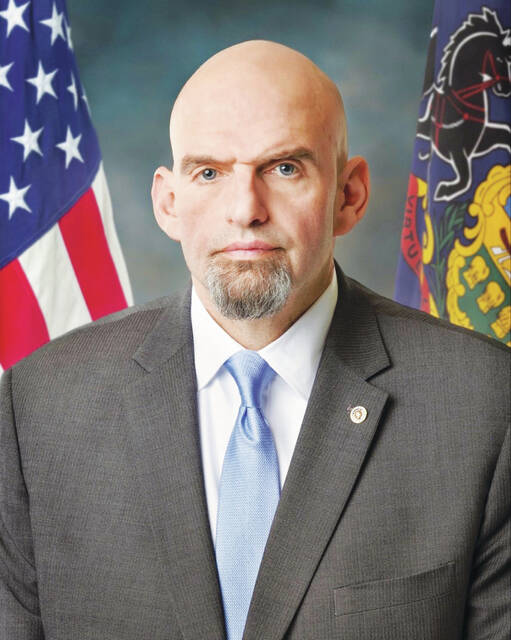Rolling Forward: Fetterman's Bold Push to Supercharge American Bus Production

In a rare display of bipartisan cooperation, U.S. Senator John Fetterman has teamed up with colleagues from both sides of the political aisle to champion a critical piece of legislation aimed at revitalizing America's bus manufacturing industry. Joining forces with Senators Tina Smith (D-MN), Kevin Cramer (R-ND), and Katie Britt (R-AL), Fetterman is pushing to streamline bureaucratic processes and provide local transit systems with greater flexibility in bus procurement.
The proposed legislation seeks to cut through red tape that has long hindered the domestic bus manufacturing sector, offering transit authorities more adaptable options when purchasing new vehicles. By reducing administrative barriers, the bill aims to support American manufacturers and help local transit systems more efficiently update their fleets.
This collaborative effort underscores a commitment to supporting domestic industry and improving local transportation infrastructure, demonstrating that meaningful legislative progress can transcend party lines. The bipartisan nature of the bill highlights a shared recognition of the importance of supporting American manufacturing and local transit needs.

